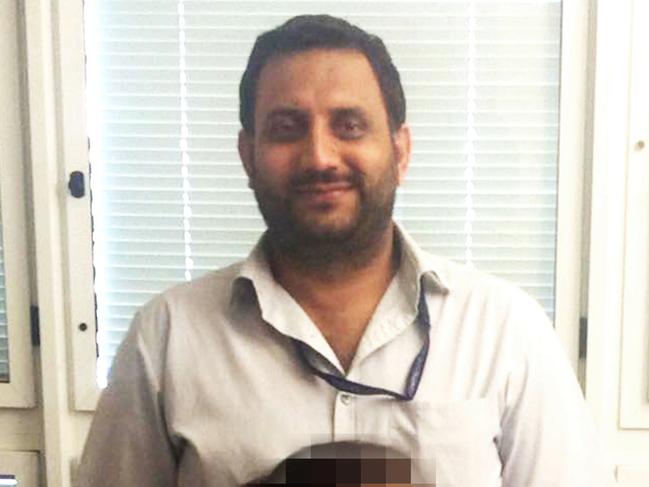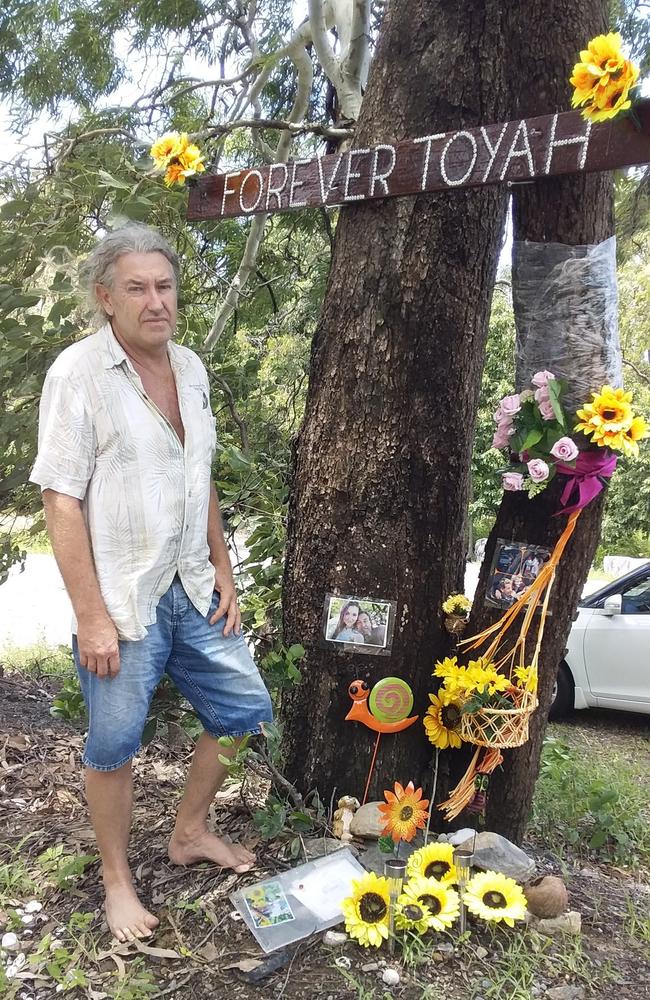Justice for Toyah: Questions surround Indian ‘person of interest’ who ‘may not be found’
The Indian fugitive wanted over Toyah Cordingley’s death may never face justice because of an extradition treaty loophole, family and legal experts say.
True Crime
Don't miss out on the headlines from True Crime. Followed categories will be added to My News.
THE Indian fugitive wanted over Toyah Cordingley’s death may never face justice because of an extradition treaty loophole, family and legal experts say.
Today marks the birthday of the beloved 24-year-old pharmacy assistant and animal refuge worker found brutally slain on Wangetti Beach, 42km north of Cairns, eight months ago.
Grieving family, friends and thousands of supporters of the ‘Honour Toyah’ campaign for justice are still waiting for charges over the grisly murder.
Toyah Cordingley’s father shares heartache of birthday without his only daughter
Paws and Claws dedicates puppy nursery to Toyah Cordingley
Police Commissioner Ian Stewart on Toyah Cordingley murder probe six months after death
Former Innisfail nurse and father-of-three, Rajwinder Singh, fled to India and is believed to be hiding in a Sikh temple. He has been identified by police as a key person of interest in the homicide investigation.

Indian law enforcement agencies have been liaising with Australian Federal Police and Queensland detectives to locate the fugitive for questioning, ahead of a possible extradition request to face court in far north Queensland.
But legal experts and relatives of Singh fear even if he is found and arrested he will thwart the extradition treaty between Australia and India in the same way as coward killer driver Puneet Puneet.
Puneet fled to India while on bail and spent four years on the run after he hit and killed Queensland student Dean Hofstee, 19, while allegedly drunkenly speeding in Melbourne’s Southbank on October 1, 2008. He has fought extradition since his 2013 arrest.

“It’s hard to find an Indian in India,’’ Singh’s brother-in-law Harpreet Singh exclusively told The Courier-Mail.
“But extradition can be just as difficult. Just look at the Puneet case.”
Singh’s relatives, who have mounted their own search to bring him back to face justice, are furious he abandoned his wife, mother and children, leaving them penniless and facing eviction from the family home and the car to be repossessed.
They, like Toyah’s family, want answers.
Queensland Law Society president Bill Potts, one of the state’s leading criminal law experts, fears that day may never come.
“India is a notoriously difficult place to extradite people from,’’ the 38-year legal veteran said.
“It is a very large country, with a gigantic population, and the court system is so stretched and overcrowded, there are massive delays.”

Queensland Police also have to provide a strong murder case with DNA evidence, photographs, film, eyewitnesses and even a confession (if available) to get any extradition order approved by the Federal Court of Australia, Mr Potts said.
“In England an extradition request for murder can take months, in India it can take years.
“And that’s if they find him.’’
He said the hunt for Singh was similar to the eleven-year legal pursuit of Puneet.
“Puneet is an absolute outrage. He’s trying to argue he won’t get a fair trial, everyone hates him, and his life is at risk if he sets foot back in the country,’’ he said.
“But we all know that’s bogus. The fugitive has a vested interest in making up all sorts of nonsense claims. Murder carries a sentence of life imprisonment so the fugitive has an interest in flying the victimhood and prejudice card.”


